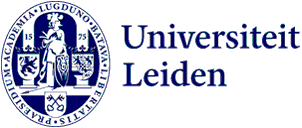
Student and staff representatives raring to go: ‘Connection is the key to success’
The new academic year also marks the start of a new term for our student and staff representatives. Dozens of them – some experienced, others new to the game – are itching to represent the interests of the university’s students and staff. On the Training Day for Student and Staff Representatives, they got to know the Executive Board and one another.
President of the Executive Board Annetje Ottow was pleased with the enthusiasm and dedication shown by the representatives on the training day. ‘Strong co-participation is in everyone’s interest at our university’, she emphasised. ‘The key to success is constructive collaboration at all levels, and connections between the different participation councils. We want everyone at the university to feel represented.’
Complex organisation
Over 60 members of the university, faculty and employee councils had come together at the Academy Building for the training day. They could learn about the rights and duties of student and staff representatives. And there was also a presentation by the Executive Board on the topics on the agenda for the coming year.
But the main aim of the day was to get people together. In her welcome speech, the brand-new chair of the University Council, Pauline Vincenten, wished the members present plenty of great connections. ‘Leiden University is a complex organisation’, she said. ‘To understand what is going on in the organisation as a whole, and to come up with solutions that work for all of us, we need one another.’
To foster this collaboration, a buddy system has been set up, for example, pairing up members of different councils. An online platform is also being developed where councils will be able to share all sorts of handy documents with one another.
‘To understand what is going on in the organisation as a whole, we need one another.’
‘Be curious’
The task of co-participation councils is to monitor and advise the university’s management. At the same time, the university hierarchy can make it difficult to call people in higher positions to account. ‘Please do so anyway’, says Vincenten. ‘Because we need your input. As representatives, we are close to people. The strength of co-participation is that we all bring our own perspectives and that students and staff advise managers and directors together.’
Vincent therefore urged the representatives above all to be curious in the coming year. ‘And seek contact with people who may be very different from you, with different opinions or in very different roles. They’re only human and will overlook things at times. Try to understand what motivates them so that you can find a middle ground together.’
Banner: Training Day for Student and Staff Representatives
What motivates our reps?
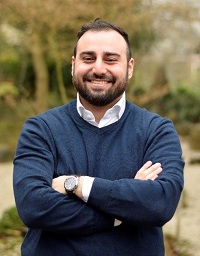
Ebrar Kaya – University Council – Lijst Vooruitstrevende Studenten
‘Each of us has unique needs and perspectives that should be represented and heard. And, having spent several years behind the scenes at the university, I’ve seen room for improvements in things that affect us all. I will mainly focus in the coming year on greater accessibility and inclusion, more integration of sustainability, a healthier work and study environment and increasing the importance of the university as a social institution where students and staff can develop. Luckily I’m not doing this work alone!’
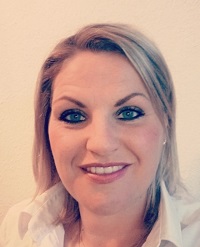
Myrna Spigt – University Services Department Employee Council
‘I’ve been working on the University Services Department service desk for over five years now. Working there means I have a finger in lots of different pies. So I’m very familiar with the organisation and my colleagues. Being a member of the University Services Department Employee Council means I can do my bit for a positive and pleasant work atmosphere.'
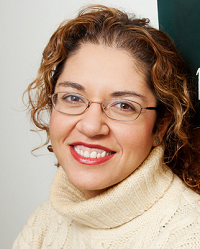
Marina Terkourafi – Faculty of Humanities Council
‘I’ve worked at universities in five different countries on two continents, so have had plenty of opportunities to observe intercultural communication and miscommunication in practice. One of my goals on the Faculty Council is to facilitate the dialogue between the faculty and its many members, students and staff, temporary and permanent, Dutch and non-Dutch, in Leiden and The Hague. I believe that we can use the diversity of our faculty as a strength and source of inspiration, instead of as a weakness that stands in the way of effective decisionmaking.’
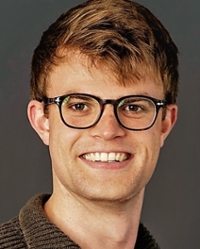
Max van Haastrecht – University Council – PhDoc
‘As a Dutch PhD candidate with employee status, you are quite privileged. In this position, I see it as my duty to stand up for colleagues who may not feel at home in Leiden straight away, such as international contract PhD candidates. In the coming year, I am mainly going to focus on improving the position of contract and external PhD candidates at our university. Contract PhD candidates are in a particularly precarious position and often have a much lower salary than PhD candidates with employee status. Apart from that, we are also busy breathing new life into the Leiden University Postdoc Assembly (LUPA). I hope this will make it easier for postdocs to integrate into Leiden’s academic community.’
About student and staff participation
Participation bodies represent the interests of students and staff. A number of councils at Leiden University have the right to consent and advise: the faculty councils on matters that affect the faculty and the University Council on matters that affect the whole university. Other bodies with these powers are the Local Consultative Body, the employee councils and the programme committees. The members of the participation bodies are democratically elected. This happens during the university elections.
